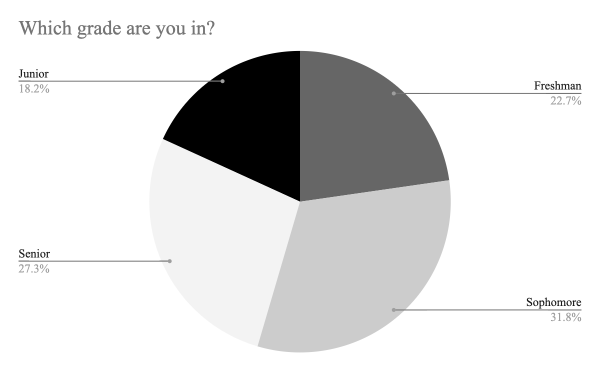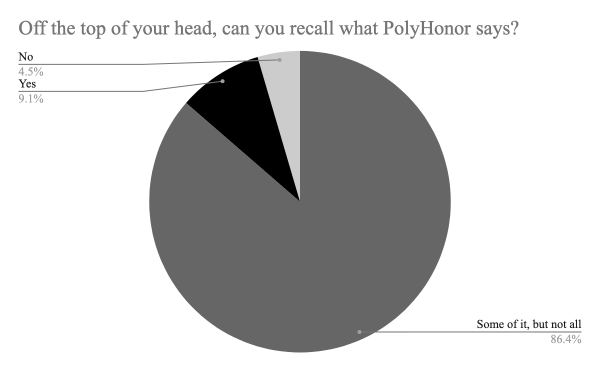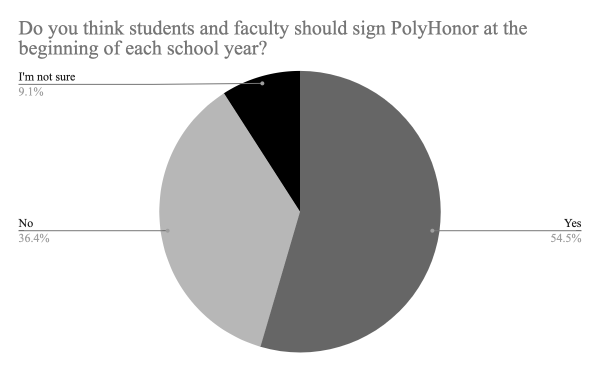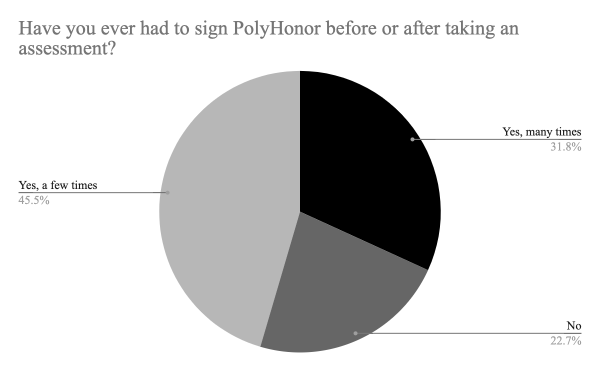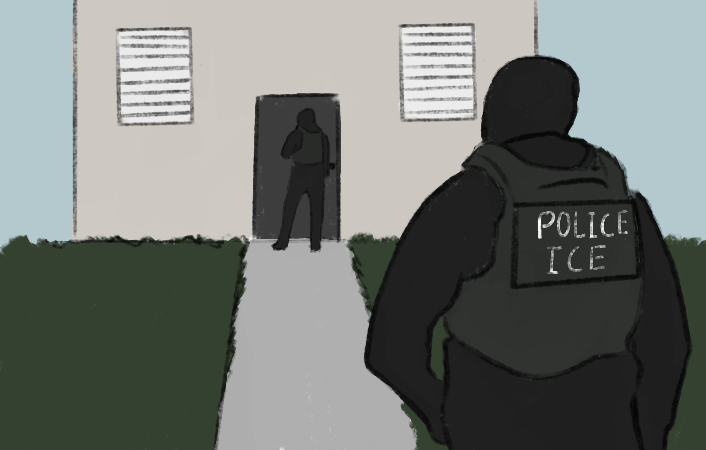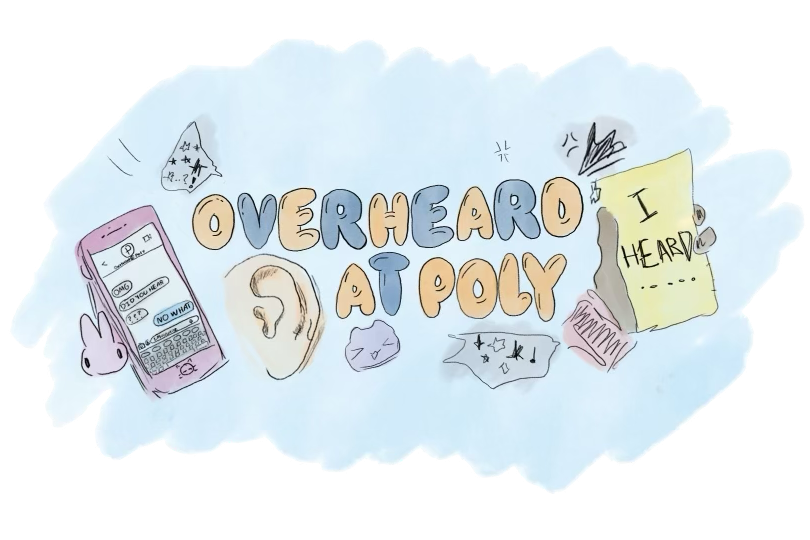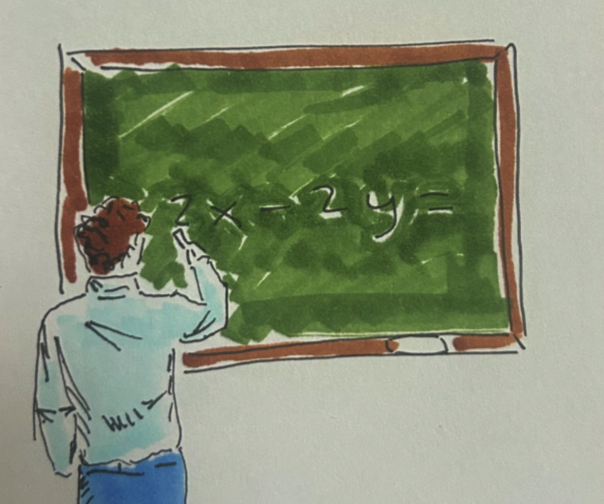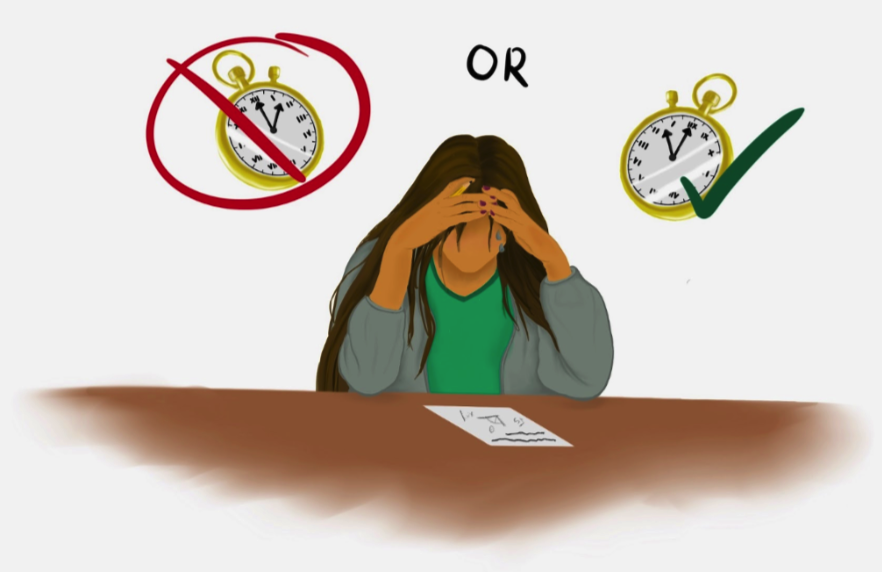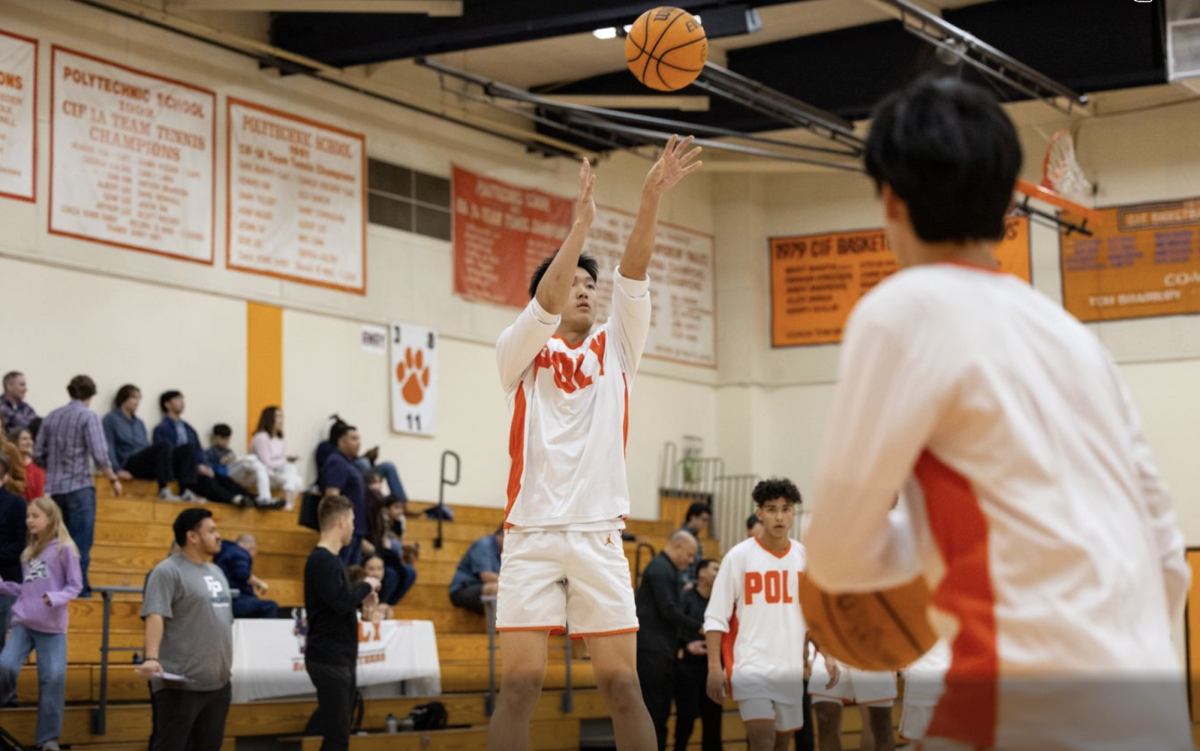Recently, while perusing previous issues of “The Paw Print,” I discovered many articles on the subject of PolyHonor. I entered Poly Middle school a year after PolyHonor was instated and was completely unaware that it had been a contentious issue on campus at the time. I found several articles on the subject, two of which were Opinion articles critiquing PolyHonor. What was particularly intriguing to me was that 40% of the student body actually voted against the honor code.
PolyHonor was adopted in 2018. It reads: “As a member of the Poly community, I will act to foster inclusion and promote excellence in all that I do. I commit to approach my decisions with integrity, kindness, and generosity both on and off campus.” Why, I wondered, would Poly students oppose an honor code that promotes such positive values?
One of the previous Opinion articles contended that, because the key terms of PolyHonor are vague and unspecified, they are apt to take on various connotations. However, Upper School Director José Melgoza believes the words are meaningful. In my interview with him, he described the importance of “being able to take pride in who we know to be as a community and who we want to always be as a community.”
Another Opinion article condemned PolyHonor for being performative. Yet, the code has actually served a role in enacting change. Melgoza described turning to PolyHonor while working on policies in order to ensure that the administration’s actions uphold Poly’s integral values.
I talked to 12th Grade Coordinator and English teacher Serra Leroy, who served on the Honor Code Exploration Committee that formulated PolyHonor. She addressed the controversy surrounding the honor code when it was first unveiled.
“I think some students were worried at first that the adults in the community would use the Honor Code as another way of checking in on them and watching over them when really that wasn’t the intent at all.”
In fact, the committee took active measures to ensure the code would not be punitive. For that reason, they chose not to have students sign the honor code at the beginning of the year, unlike the practice of many other schools.
Interestingly, a slight majority of students disagree with this decision. I surveyed 10 students from each grade. Of the 22 respondents, 12 (54.5%) responded “Yes” to the question “Do you think students and faculty should sign PolyHonor at the beginning of each school year?” while 8 (36.4%) responded “No” and 2 (9.1%) responded “I’m not sure.”
At some schools, signing the honor code serves to instill trust between students and faculty. If students believe they would benefit from signing the honor code, it is important to take their input into consideration. This is especially important because PolyHonor was student-created and oriented, which Melgoza believes differentiates the honor code from other statements. He said, “We had our mission and our credo, and I think those were developed by the administration and by the trustees, and it was kind of an adult-centered view of what Poly is supposed to be. This was a way of allowing the students to have an opportunity to say what is it about Poly that they value and they hope to build as a community amongst the student body and everyone else here.”
This approach was implemented throughout the construction of the honor code. Leroy shared how the Honor Code Exploration Committee sent out a survey to the Upper School student body, asking them to rank which values they believed should be incorporated into the honor code. She also noted that students from every grade served on the committee and contributed to the creation of the code.
Leroy also mentioned advisory discussions around PolyHonor that took place the first year it was implemented. However, these talks dissipated during the COVID pandemic and have not been resumed since. It is time for us to take a new look at PolyHonor and start having those conversations again. Melgoza agreed: “PolyHonor might mean something different to the class of 2018 versus the classes of 2023, 2024, 2025 and 2026.” For example, inclusion may hold greater importance now due to the increased focus on it in recent years.
Ultimately, continuing to discuss PolyHonor in whatever form is important. “I think it took about a year before it was already out in the world before I stopped hearing students ask, ‘Why do we need an honor code?’” Leroy shared. “That was really their main question. They were wondering, ‘Why does Poly need this?’”
Although some might be inclined to view such conversations as detrimental or simply useless, I believe they are valuable. It is when we actively seek out discussions about important facets of our school that we gain a deeper understanding of Poly and what it means to be a part of this community.
